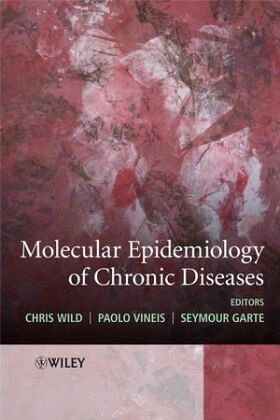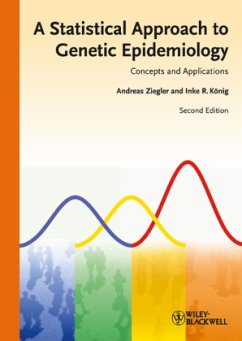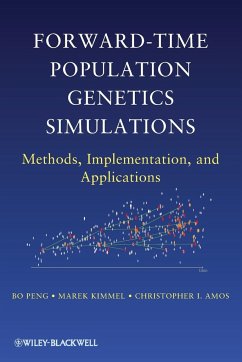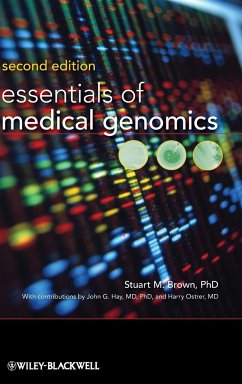
Molecular Epidemiology of Chronic Diseases
Versandkostenfrei!
Versandfertig in über 4 Wochen
166,99 €
inkl. MwSt.
Weitere Ausgaben:

PAYBACK Punkte
83 °P sammeln!
Epidemiology increasingly relies on laboratory generated biomarker data, and an understanding of disease mechanisms is increasingly important in elucidating aetiology. Eagerly awaited, this book is the first in many years to bridge the gap between molecular biology and epidemiology.
Die Epidemiologie ist zunehmend angewiesen auf laborgenerierte Biomarker-Daten, und das Verständnis von Krankheitsmechanismen ist von steigender Bedeutung für die Erläuterungen der Ätiologie. Deshalb bedarf es eines Buches, das die disziplinären Grenzen überbrückt und allen relevanten Forschungsgruppen (Laborwissenschaftlern, Epidemiologen, klinischen Forschern und Statistikern) zugänglich ist. Zurzeit gibt es kein Werk mit einem expliziten Praxisschwerpunkt, das diese Bandbreite bietet. Diese Lücke füllt das vorliegende Handbuch. Es gibt Epidemiologen Einblick in die Forschung, insbesondere zu Biomarkern, und ermöglicht es Laborwissenschaftlern, die Kernpunkte epidemiologischer Studien zu verstehen. Außerdem stellt es ein Tool für einen Kurs in molekularer Epidemiologie bereit. Einzelne Kapitel widmen sich neuen Technologien (Genomforschung, Proteomik, Metabonomik) sowie Herangehensweisen der Statistik und der Bioinformatik, die aufgrund der zu bewältigenden Datenmenge unerlässlich sind.












